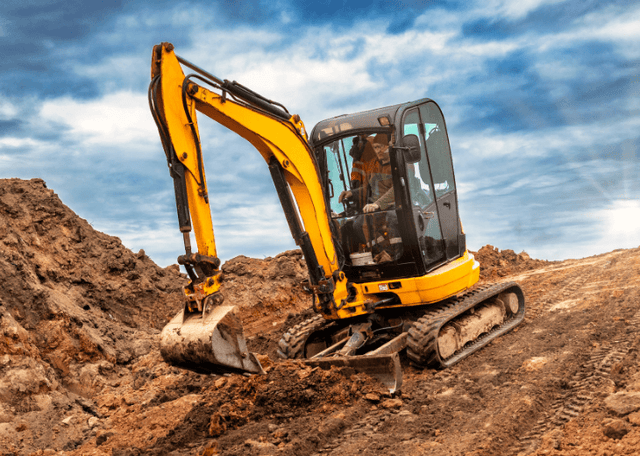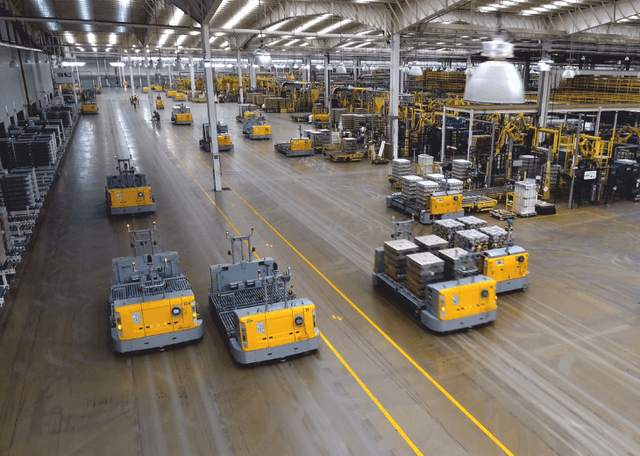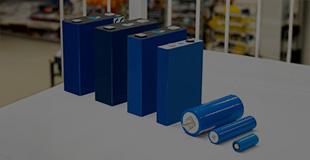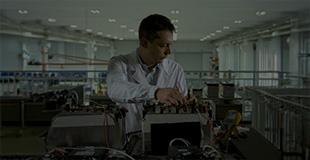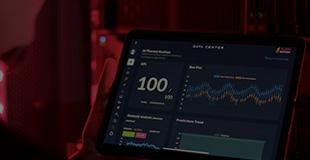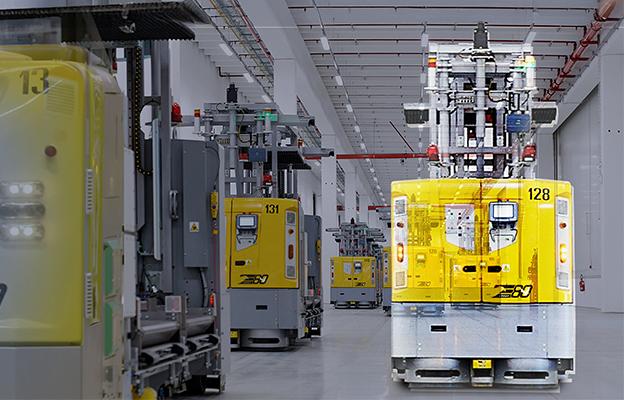Flash Battery lithium batteries for electric vehicles: green technology for last mile deliveries
24 April 2024

The future of mobility and industry is electric. The European Union understands this all too well and with its Green Deal it is aiming to achieve an ambitious threefold objective:


- to cut greenhouse gas emissions by 55% by 2023 (compared with 1990 levels),
- to reach climate neutrality in 2050,
- to be at the forefront of the green transition for our planet.
This conversion process is involving more and more sectors, driven by tough new laws and regulations, but also by companies’ growing environmental awareness.
One example of this is the electric vehicle sector used for Last Mile Deliveries, which already decided to focus on lithium electrification several years ago now for various types of applications, appreciating its many benefits in terms of efficiency and the reduction of noise and polluting emissions.
While it is true that the Green Deal is still currently being developed and calls for major transformations in the industry and transport markets, many investments have already been made in zero-emission electric vehicles used for urban transport, which offer autonomy, convenience and zero maintenance.
But what is actually driving an increasing number of vehicle manufacturers to abandon the combustion engine and opt for electric solutions?
However, it is important to remember that there is electric and electric, and not all technologies are the same. Up until about ten years ago, electrification with lead-acid batteries was a particularly popular choice among the top manufacturers in the electric vehicle sector which were breaking into electrification.
Today, this technology is now obsolete, mainly from the point of view of its low energy density, long charging times (>8 hours) and severely limited life-cycle, given that, for example, it does not allow fast charging and partial or “opportunity” charging throughout the day. Furthermore, just as with combustion engine vehicles, electric vehicles with lead-acid batteries are also subject to high maintenance costs, which compromise their performance.
The advantages of Flash Battery lithium for last mile delivery electric vehicles
Lithium batteries stand for excellence in electrification and ensure that industrial vehicles get outstanding performance, greater autonomy and high levels of efficiency.
This is why an increasing number of electric vehicle manufacturers are trusting Flash Battery lithium battery technology to power their fleets, seeking maximum performance, together with a high level of customisation, one of the hallmark aspects of our brand on the international lithium battery manufacturer scene.
By using Flash Battery lithium batteries, OEMs and electric vehicle manufacturers can:
- Increase the overall autonomy of their vehicles
- Reduce the charging times of their electric vehicles, which can fully recharge in just 2 hours, allowing for partial charges and discharges which increase the battery life
- Optimise performance over the same day, as the vehicle will always behave the same way, regardless of the battery charge level
- Eliminate maintenance and infrastructure costsReduce the weight of vehicles, with batteries that are 5 times lighter than lead-acid batteries
- Have access to a very long operating life (>4,000 charge cycles), which often exceeds the life of the vehicle itself.
- Drive around old town centres and in restricted areas as freely as possible and at any time of day
-
But there’s more! Flash Battery has made research and development one of its strengths, implementing proprietary technology capable of making lithium batteries that are always efficient and balanced in every respect.


Balancing that provides the right charge
Versatile vehicles with great range that are always ready to hit the city streets, but can stop & go as often as you like: in order to meet these requests, it is important that a lithium battery guarantees fast charging and keeps the same autonomy and efficiency despite the extended use.
This is the very purpose of the now patented proprietary Flash Balancing System. Thanks to its special feature of being able to work at high power both actively during discharging and passively during charging, with a 20A balancing current, the battery’s balancing time is ultra-fast (less than 30 minutes).
This results in a fast charging speed that guarantees a full charge in just 2 hours, along with the option of partial charges and discharges, which can extend the autonomy and efficiency of the battery and of the electric vehicle where it is installed.
The keyword is customisation!
The commercial electric vehicles used in last mile deliveries and logistics often require special set-ups and fittings, which allow them to carry out various types of specific activities: from cargo vehicles for transporting goods, pick-ups, vehicles with tipper bodies for cleaning up green areas, right up to insulated vans for transporting perishable goods, to name but a few. Lowest common denominator: the pursuit of compactness and lightness, which allows vehicles to be used with ease both in cities, down alleyways and narrow streets of old town centres, and on dirt tracks in off-road environments.
This is where it comes to choosing a lithium battery supplier that can offer the right type of customisation for the battery pack, made according to the precise requirements of every electric vehicle. From 2012 to date, Flash Battery has designed and produced over 650 fully customised lithium battery models , made together with its customers by carefully studying the operational requirements of every application. This ranges from consumption analysis, right up to how the vehicle is used, customised sizing based on the space available and the weight which the lithium battery must comply with.
One example of customisation in the electric vehicle sector used for last mile delivery logistics is the Flash Battery 307.2V 100Ah – 30.7kWh: the battery pack we created ad hoc for a heavy-duty electric vehicle used for transporting materials to mountain tourist destinations.
One of the main aspects our technical team focused on to study and subsequently launch the serial production of this high-voltage battery was the requirement to deliver optimum performance even in very harsh weather conditions, such as the Alpine environment where the vehicle operates every day. The decision was therefore made to use an aluminium case with an IP65 seal which provides excellent lightness to help the vehicle operate more easily on mountain roads and, at the same time, offers moisture and corrosion resistance due to the climate.


It was also integrated with a self-powered heating system by the battery itself in order to guarantee maximum efficiency even in extreme conditions. Lastly, 4G connectivity with access to our proprietary remote control portal allows constant predictive maintenance and self-diagnostics to be carried out on the battery, reducing any downtime to zero.
The main features of this electrification project are:
– Custom-made mechanical structure
– Corrosion-resistant, lightweight aluminium case
– Integrated heating system
– 4G connectivity to automatically monitor battery performance remotely

